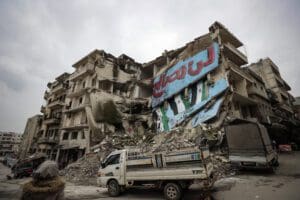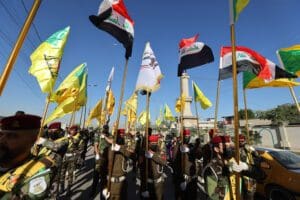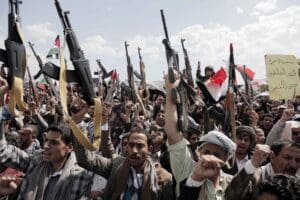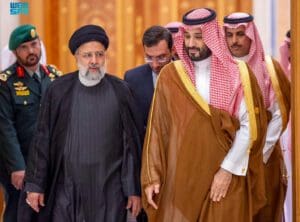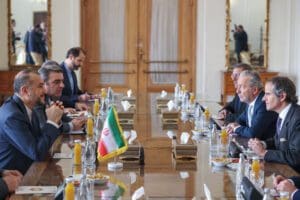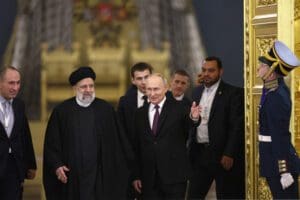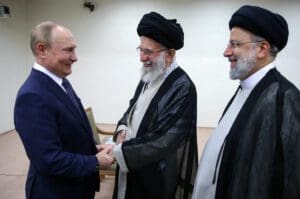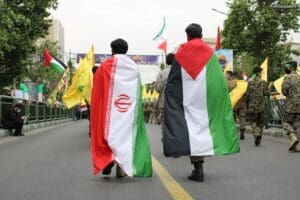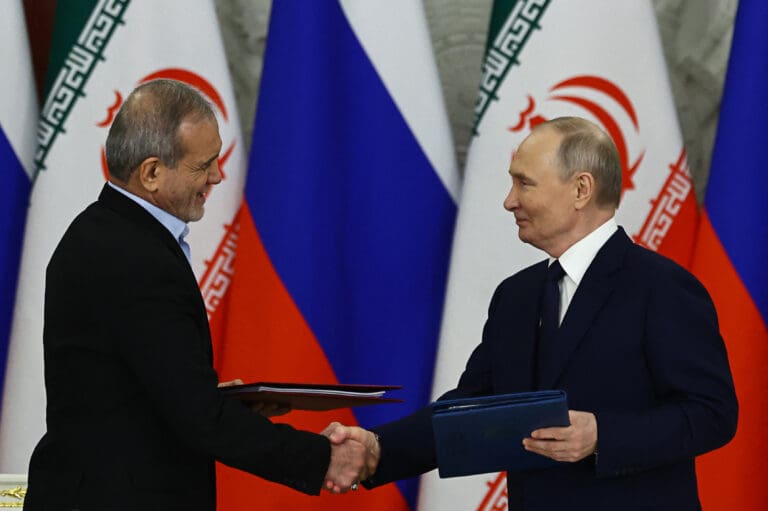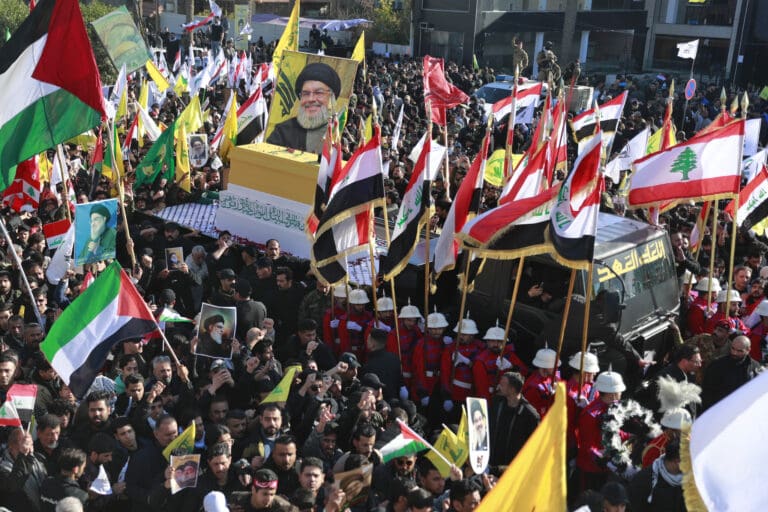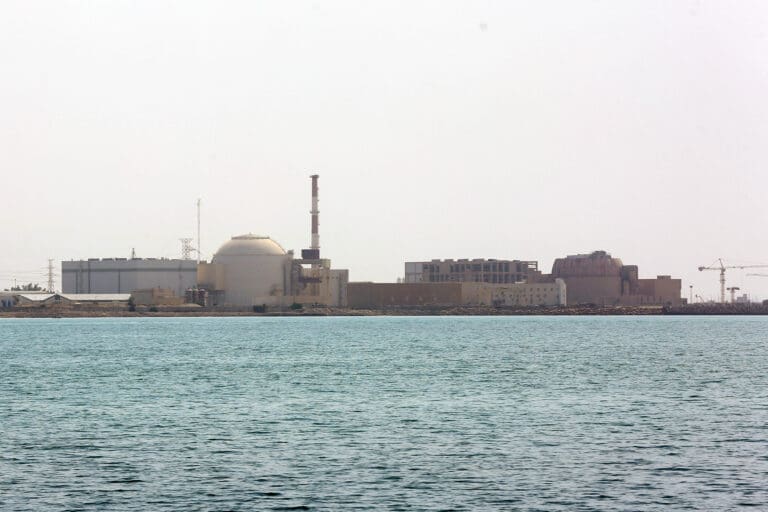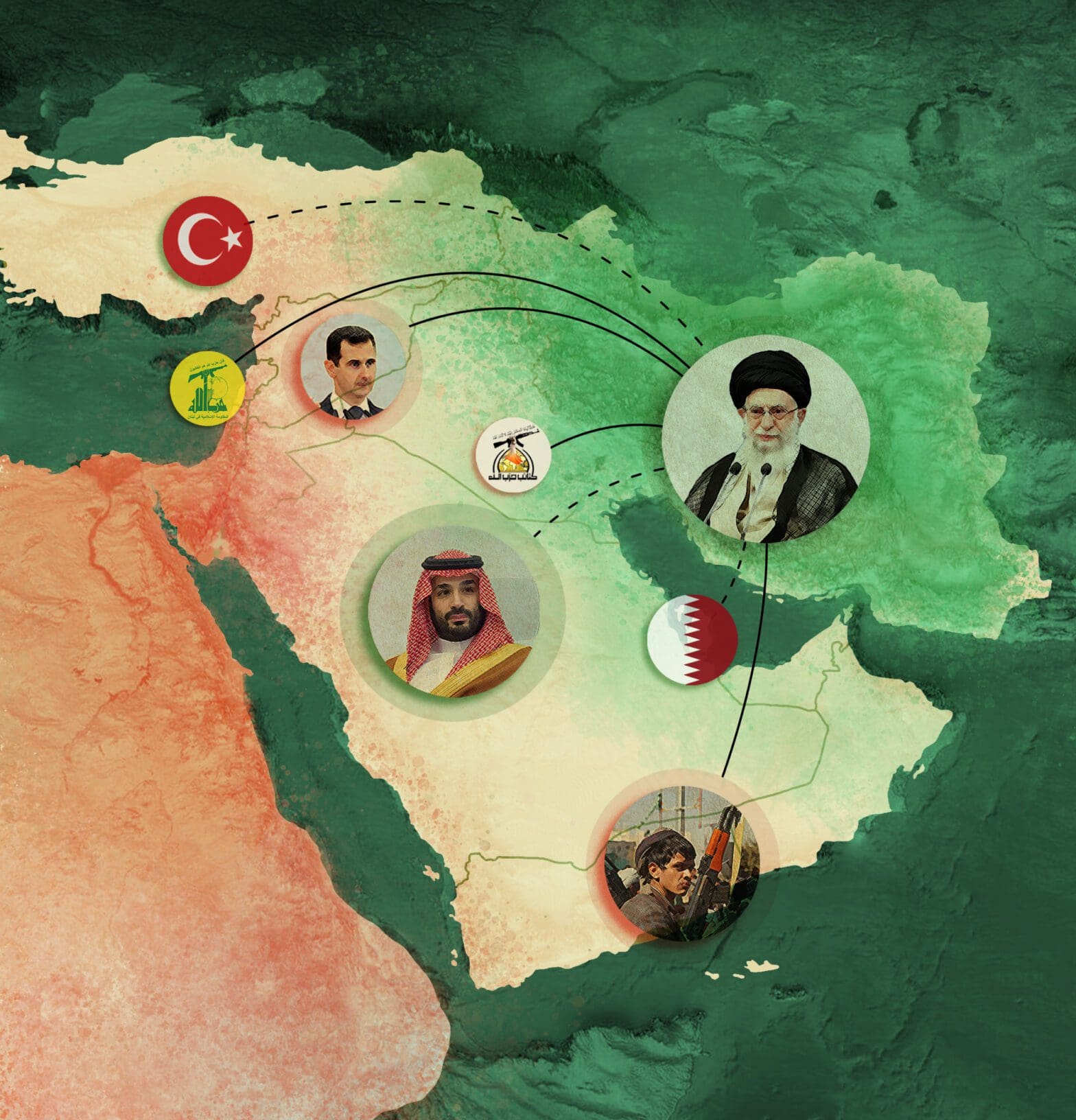
Iran in the Middle East:
Building Bridges or Expanding Influence?
Dossier, April 2024
Iran’s role in the Middle East is both historical and evolving, marked by a strategic interplay of religion, ideology, politics, and regional dynamics. As a country situated at the core of vital geopolitical junctures, Iran’s actions have far-reaching implications, resonating across the region and beyond. This dossier is dedicated to deciphering the complexities of Iran’s regional policy, shaped by a fusion of historical legacies, ideological orientations, strategic interests, and political aspirations.
The significance of Iran’s relationships with its neighbors—stretching from Türkiye in the northwest to the Arab states to its south—is a central aspect of its regional policy. A complex interplay of cooperation and competition characterizes these interactions, with significant implications for the region’s stability and security. Iran’s neighborly engagement has been volatile, mixing antagonistic rhetoric with dialogue and strategic positioning. (…)
This dossier provides a comprehensive overview of pertinent themes in Iranian foreign policy, offering a nuanced understanding of Iran’s role in the Middle East and the responses it elicits from regional and external actors.
Section 1: Iran’s Regional Policy
- Chapter 1: Iran’s Neighborhood Policy: An Assessment – Mehran Kamrava
- Chapter 2: Iran-Syria Relations Amid Regional Reset Dynamics – Hamidreza Azizi
- Chapter 3: Opportunities and Challenges Along the Path of Saudi-Iranian Relations – Fatima Alsmadi
- Chapter 4: Iran’s Role in the Yemen War – Faozi Al-Goidi
- Chapter 5: From Rivals to Allies: Iran’s Evolving Role in Iraq’s Geopolitics – Muhanad Seloom
Section 2: International Actors and Iranian Foreign Policy
- Chapter 6: Iran and the Nuclear Agreement: What Lies Ahead? – Shahram Akbarzadeh
- Chapter 7: Raisi’s Foreign Policy: Revitalizing Iran’s International Position with a Non-Strategy – Luciano Zaccara
- Chapter 8: Iran on the Rise? Changing Perceptions and Global Ambitions Under Raisi – Azadeh Zamirirad





